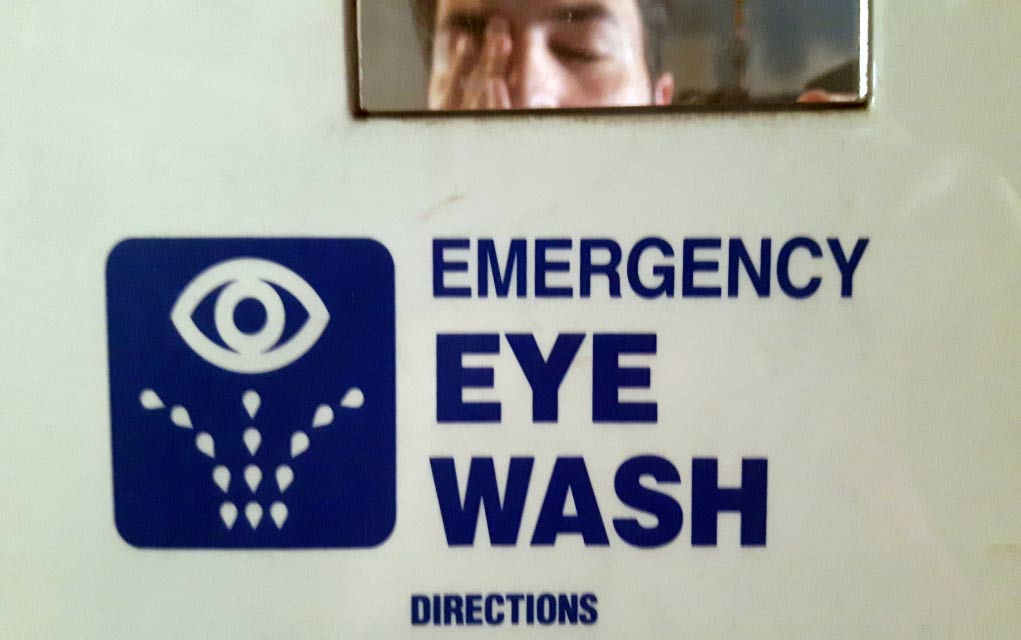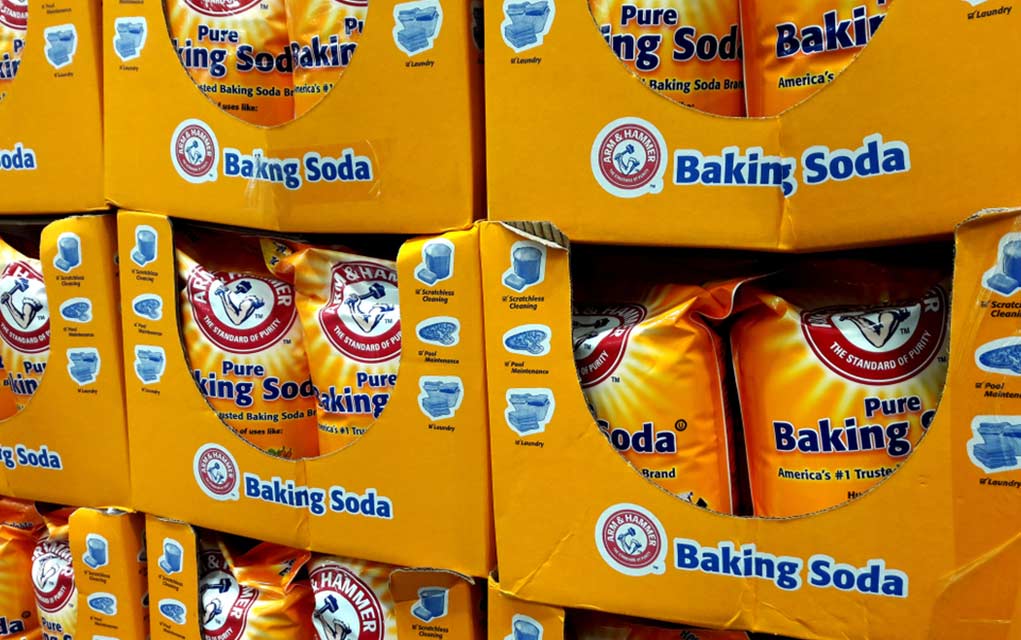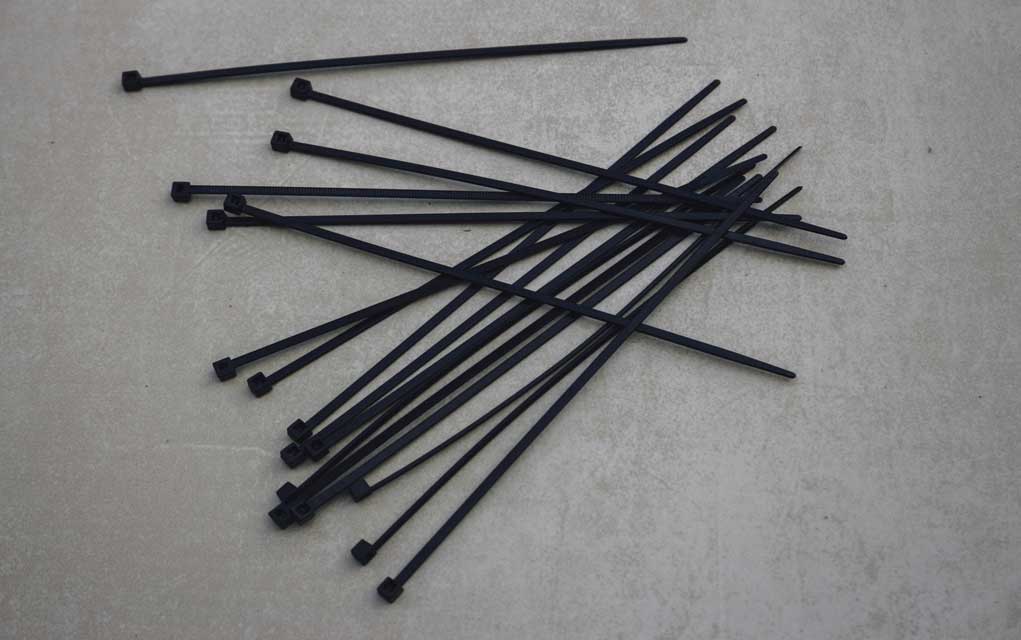(Modern Survival.org) – If you accidentally get a liquid, powder, or aerosol chemical in your eye, how long should you rinse?
• 8 minutes
• Do not rinse
• 20 minutes
• Blow air only
Answer: 15 Minutes. Here’s why…
Part of embracing a lifestyle of preparedness is to be ready for emergencies big and small, of the catastrophic and the everyday varieties. While having chemicals splash into the eyes may not be a world-changing event for everyone, it can be terrifying for the person experiencing it — especially when the chemicals are unknown.
There are some immediate steps that anyone can take to begin flushing out the eyes, and mitigate any long-term damage while waiting for medical professionals to arrive.
Rinse the Eyes
Locate a source of running water, such as a faucet, shower, or eye rinse station at work, then immediately begin to flush the eyes for at least 20 minutes with lukewarm water. The water doesn’t have to be directly on the eyes. Direct the flow onto the forehead and allow it to stream over the affected eye. If both eyes were sprayed, have the water flow over the bridge of the nose and into both eyes.
Another method is to turn the head sideways and allow the water to flow over both eyes from the cheek. If the chemical didn’t contaminate the hands, hold open the eyelids to maximize the flow of water over the eyes.
If the chemical did make contact with the hands, wash them thoroughly with soap and water before attempting to touch the eyes or remove contact lenses. It is possible these will come out on their own while the eyes are being rinsed, removing the need to manually take them out.
Do NOT Do This
It’s important not to rub the eyes, as rubbing could lead to further irritation or even damage. Likewise, don’t put anything other than water or contact lens saline rinse in the eyes. Eye drops should only be applied if a medical professional indicates they should be used.
If possible, note the type of chemical and bring the container with you to the emergency room. Other important information is the length of time between exposure and rinsing, and how long the eyes were actually rinsed. This information can help the doctor determine treatment and the severity of the wound.
As always, the best way to handle this situation is to avoid it altogether. Always wear appropriate protective gear when handling dangerous chemicals and have an emergency plan in place. It is better to be prepared than to be caught without a plan.
~Here’s to Your Survival!
Copyright 2023, ModernSurvival.org













